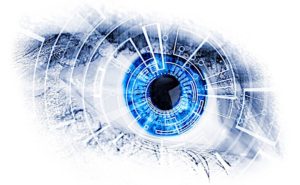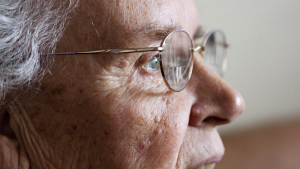

Bob Unruh – March 21, 2022
Starting now, if a parent spanks a disobedient child that action could result in a criminal record in one country.
And it applies to anyone who has responsibility for a child, such as a relative or caretaker when the parent is absent.
And it applies to visitors – and their children – too.
The new law has been implemented in Wales, which followed Scotland in deciding that no corporal punishment on a child is legal, ever.
Physical punishment already was a violation of the law in schools, children’s homes, local authority foster care homes and childcare settings.
Even hitting a child already was considered common assault even by a parent or caretaker.
But the law allowed them to raise the defense that it was a reasonable punishment.
Now that option is gone.
The BBC said Welsh First Minister Mark Drakeford called it a “historic” day for children there.
The ban is on anything involving a “smack, hit, or slap” of a child.






